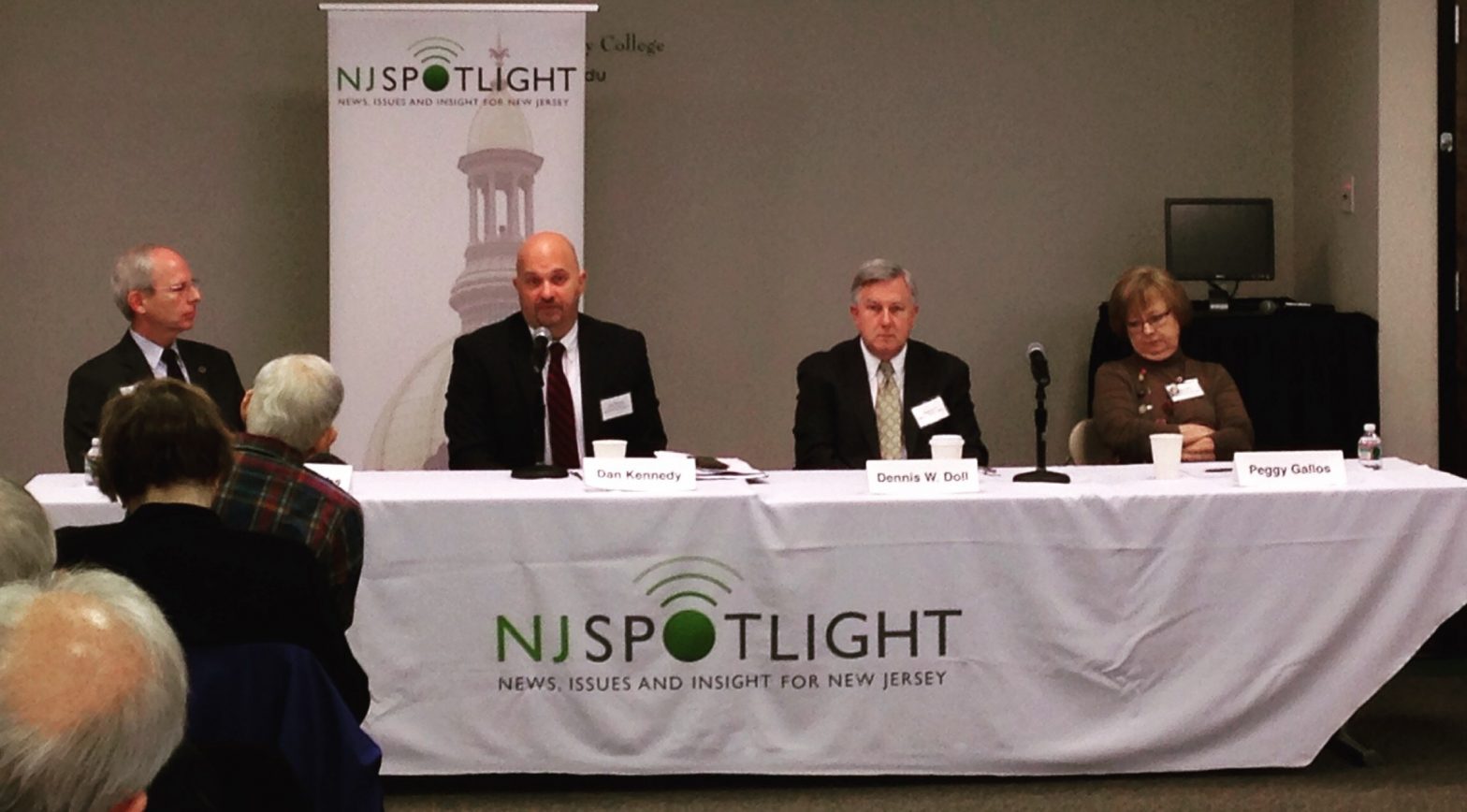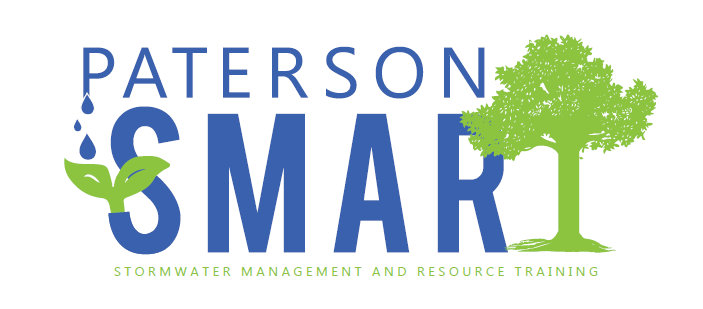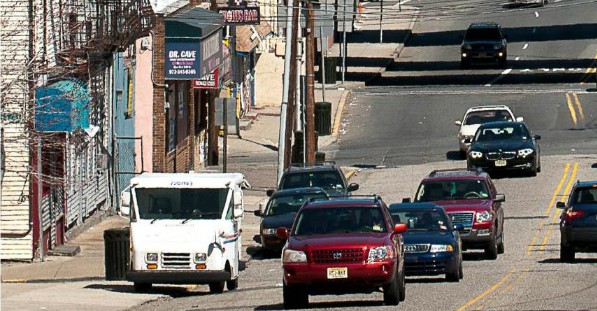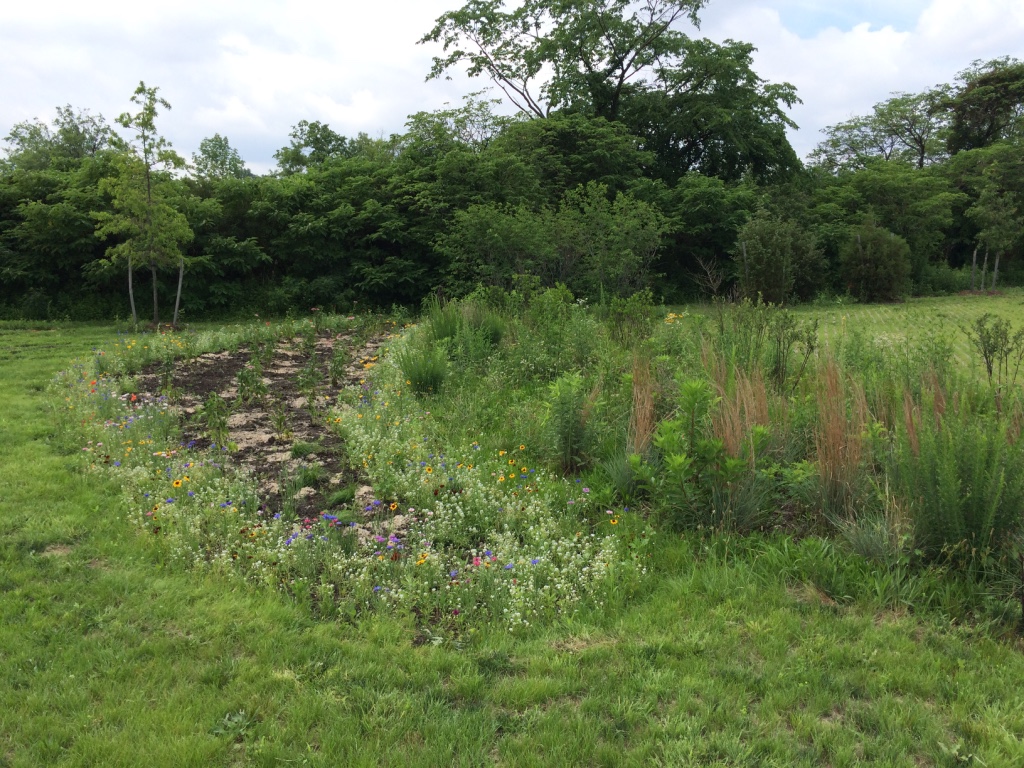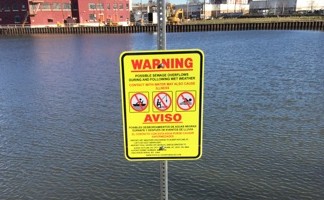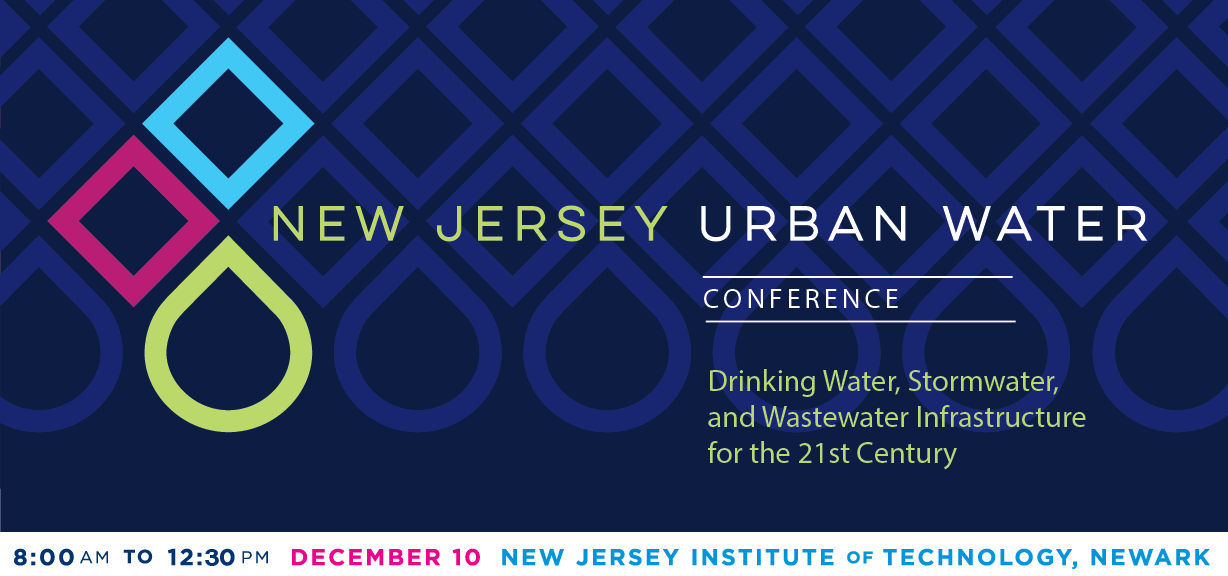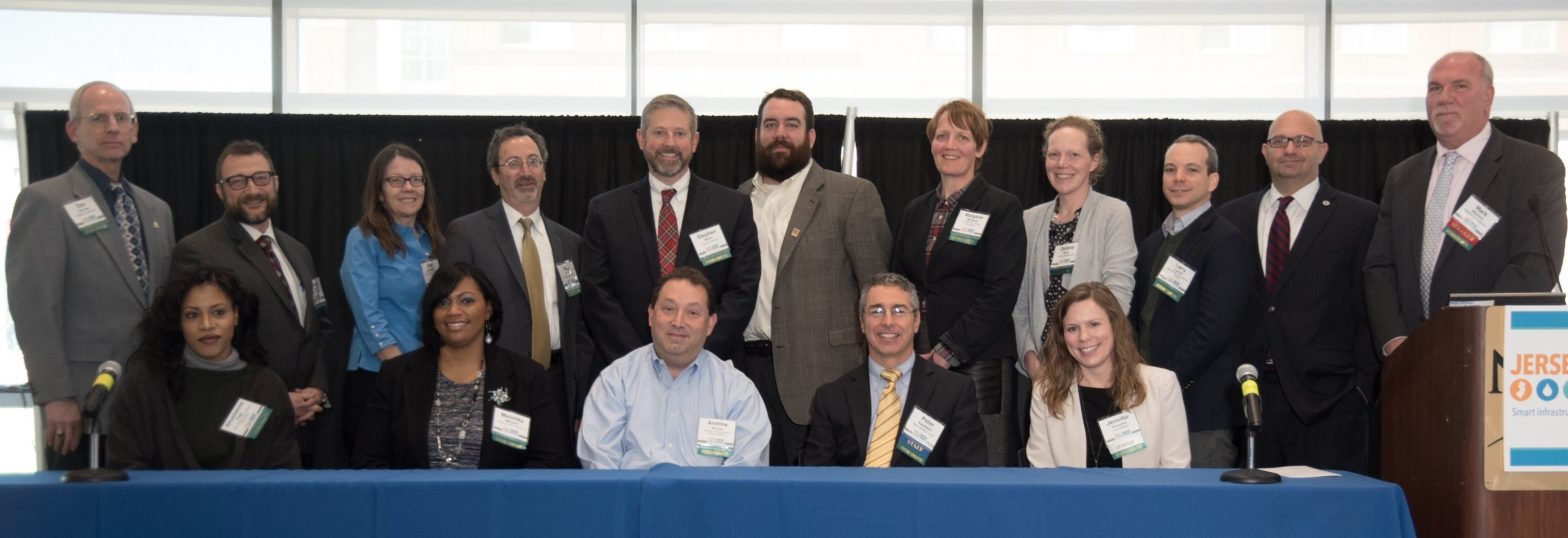Posted with permission from Geraldine R. Dodge Foundation BIG Competition Aims to Spark Innovative Stormwater Management Solutions in New Jersey Communities The Geraldine R. Dodge Foundation and New Jersey Health Initiatives recently awarded $165,000 in matching grants to New Jersey Future in support of the new Build It Green Competition, a design challenge to help New… Continue reading Dodge Partners with New Jersey Health Initiatives to Support Build It Green Competition
Greatest Danger Facing NJ’s Water Infrastructure: The Unknown
Lead in water in public schools. Potentially harmful contaminants found in drinking water, without suitable standards to act on. An aging infrastructure leaking water before it ever gets to consumers. There is no shortage of issues facing policymakers charged with overseeing proper management of New Jersey’s drinking water, but in this age of information, maybe… Continue reading Greatest Danger Facing NJ’s Water Infrastructure: The Unknown
Forum Roundup: Cities, Redevelopers Join Forces To Tackle Floodproofing, Sewer Upgrades
Cities are engaging redevelopers in a number of ways to meet the challenge of flooding, aging infrastructure and climate change, as described at New Jersey Future’s Redevelopment Forum session on Rebuilding Water Infrastructure, One Redevelopment Project at a Time. Speakers from Hackensack, Hoboken and Gloucester City described how they are shaping redevelopment plans, redevelopment agreements… Continue reading Forum Roundup: Cities, Redevelopers Join Forces To Tackle Floodproofing, Sewer Upgrades
From River to Tap: How Your Water is Cleaned and Delivered
With the Flint water crisis in the national spotlight and now Newark, many communities in New Jersey have a renewed focus on their water supply. When you turn on the water to take a shower, do you ever think about where your water comes from? The EPA estimates that we use between 80 and 100… Continue reading From River to Tap: How Your Water is Cleaned and Delivered
Green Infrastructure Taking Off in Paterson
Paterson SMART provides forum for coordination The City of Paterson, or Silk City, is not only one of New Jersey’s most densely populated cities but also home to 24 of 212 combined sewer overflows (CSOs) in New Jersey. These combined sewer overflows can be overwhelmed during heavy rain events, dumping raw sewage into the Passaic… Continue reading Green Infrastructure Taking Off in Paterson
Flint’s Wake-Up Call for New Jersey — and the Nation
New Jersey communities are not experiencing Flint’s dire public-health crisis. However, while our water systems are better managed and regulated, they share many of the same underlying issues, and are crying out for action. Children in Paterson, Clifton, Passaic, Prospect Park and Woodland Park, for example, face potential health impacts from lead fixtures and service… Continue reading Flint’s Wake-Up Call for New Jersey — and the Nation
Fixing Flooding in Communities Through Collaboration
Earlier this month, the Camden County Municipal Utilities Authority’s green and grey infrastructure projects earned national recognition from the Environmental Council of the States. The national acclaim is a result of a competition for the top three most innovative uses of the United States Environmental Protection Agency’s Clean Water State Revolving Fund (CWSRF) since the fund’s origin in 1987. Projects… Continue reading Fixing Flooding in Communities Through Collaboration
Sewage Overflow Warning Signs Popping Up
Twenty-four-inch by 18-inch warning signs have been popping up along waterways throughout New Jersey. “Warning” or “Aviso” can be read in bold red letters, advising community members to steer away from nearby waters during rain events that might cause combined sewer overflows (CSOs). During rain events at these sites, raw sewage can flow into waterways,… Continue reading Sewage Overflow Warning Signs Popping Up
Conference Pinpoints Water as Defining Issue for Next Generation
New collaborative introduced; will focus on upgrading water infrastructure. At the inaugural New Jersey Urban Water Conference on Dec. 10, speaker after speaker stressed the importance of water to healthy communities and economic vitality in New Jersey’s cities and towns, and cited numerous examples of how New Jersey’s inadequate water infrastructure threatens to hamper that… Continue reading Conference Pinpoints Water as Defining Issue for Next Generation
Introducing Jersey Water Works!
At the inaugural New Jersey Urban Water Conference on Dec. 10, 2015, a steering committee of thought leaders from a variety of sectors concerned about inadequate water infrastructure jeopardizing the long-term health and economic vitality of New Jersey’s cities and towns, announced the establishment of a new collective entity: Jersey Water Works. Jersey Water Works is,… Continue reading Introducing Jersey Water Works!

